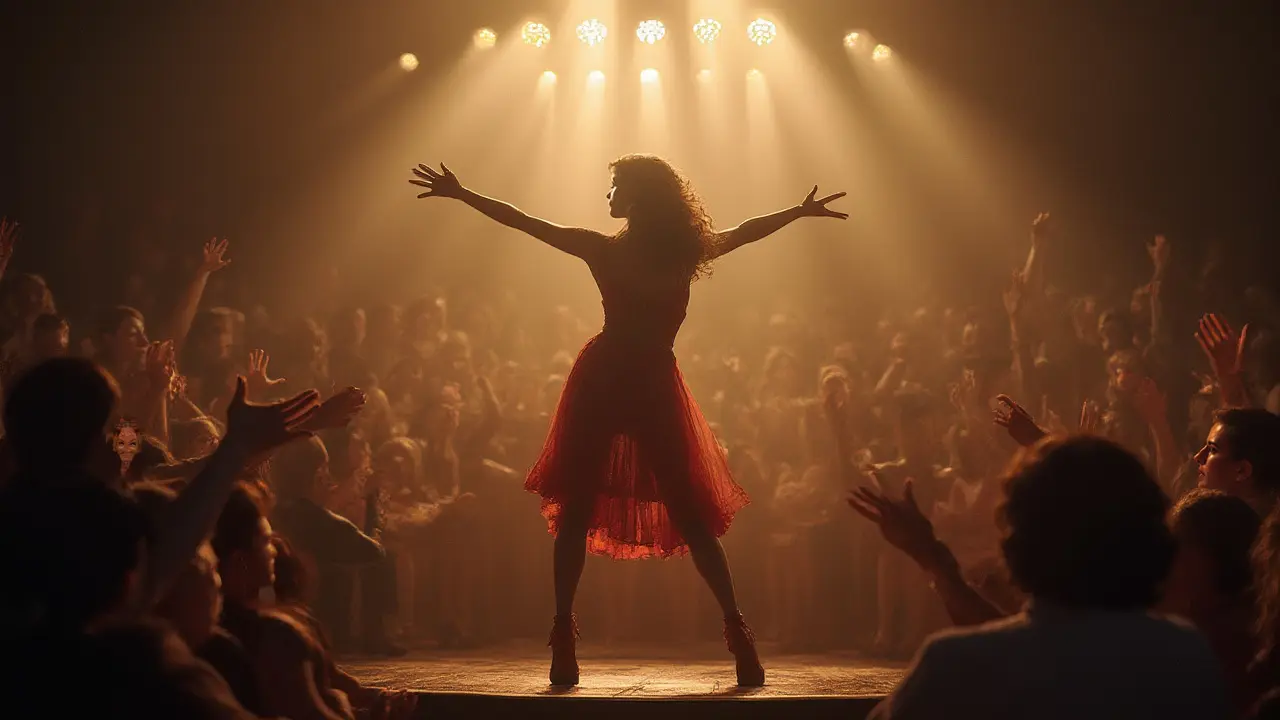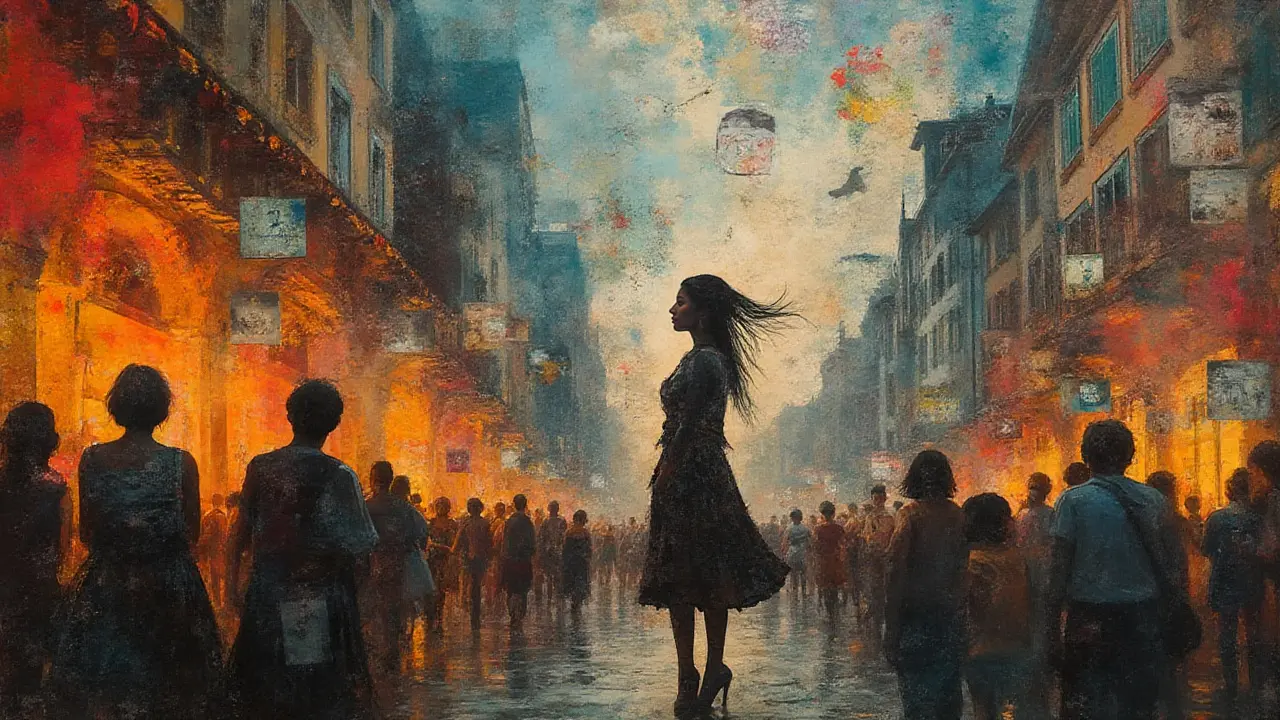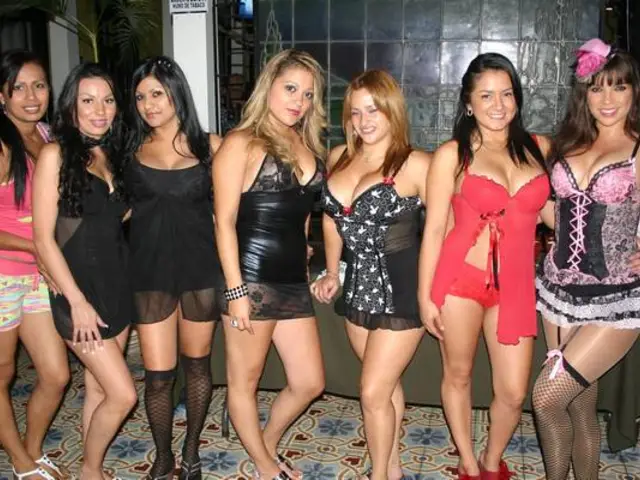Katja Kassin’s Munich Nights: Inside the Life and Legacy of a German Star

- Maximilian Von Stauffenberg
- 7 July 2025
- 0 Comments
It’s after midnight on Kaufingerstraße, and the city seems to hum with a thousand secrets. Stories float on the summer air—one, in particular, belongs to Katja Kassin, who traded small-town anonymity for neon-lit stages under Munich’s watchful moon. Her name’s flashed from magazine columns to heated internet forums, but Munich is where the legend grew legs. Nights here aren’t quiet. They’re engine-roaring, glass-clinking, and soaked in possibility. Katja didn’t just survive this city—she owned it, turning her story into a blueprint for reinvention and unapologetic living.
From Leipzig to Munich: A Star’s Journey
Not many people know Katja Kassin wasn’t always a headline-maker. Born in Leipzig in 1979, her early life looked ordinary from the outside. Yet, by the late ’90s, like thousands of East Germans hungry for new opportunities, she moved west as soon as the wall crumbled. But it wasn’t the big, faceless cities she wanted. Munich felt different—more daring, open, bursting with creative tension. The city was starting to shed its conservative image in the early 2000s, becoming a launchpad for unconventional dreamers.
Katja started with odd jobs and shared flats, like many young people testing their limits in a new town. Her first brush with the nightlife scene wasn’t glamorous—bar shifts, coat checks, dancing at small venues for cash. But Munich’s nightlife, with its endless cycle of techno raves, dive bars tucked into old buildings, and wild festivals like Oktoberfest, gave her the perfect stage. She learned quickly that fame in Munich wasn’t about who you knew but how you owned the night and responded to the city’s restlessness.
By 2002, Katja had caught the attention of talent scouts and event promoters. No matter how you found her—whether in smoky Schwabing bars or buzzing underground clubs—she stood out for her energy and total refusal to blend in. Her performances were about confidence, not just shock. When she broke into the adult entertainment world, Munich’s permissive, progressive scene helped normalize it. Venues in Glockenbachviertel or Kultfabrik rarely raised eyebrows; locals cared more about authenticity than scandal. Katja leveraged this attitude, transforming her personal brand from “East German newcomer” to “Munich icon” almost overnight.
Her fan base wasn’t just men seeking fantasy; it included artists, musicians, and university students—drawn to her honest interviews about fame, feminism, and self-acceptance. Despite misconceptions, Katja’s journey was shaped more by Munich’s experimental spirit than any headline could ever capture. She became a bridge between outsider grit and mainstream acceptance.

Munich’s Nightlife: The Pulse of Katja’s Career
The Munich that shaped Katja Kassin in the 2000s wasn’t the sleepy, beer-hall fantasy found in travel brochures. It was a swirling, unpredictable playground—a city with a nightlife scene that set trends for the rest of the country. Bars in Haidhausen buzzed with students unwinding after exams, while clubs like P1 thrummed with the energy of footballers and celebrities blowing off steam with the city’s elite. In these places, you didn’t just hear about what was trending—you lived it, whether that meant electronic beats until sunrise or ferocious debates about art on terrace patios.
Katja quickly realized that Munich’s famous tolerance made it a melting pot for performers willing to push boundaries. LGBTQ+ nightlife thrived side by side with traditional halls, pinballing generations of partygoers between drag shows and classic polka nights. It was this chaotic mix that made Munich fertile ground for someone daring to be different.
She wasn’t just a part of parties; she helped shape them. Katja became a regular fixture at industry events and fundraisers, often hosting or headlining club nights. It wasn’t all glitz, though. Success brought pressure to balance privacy with public persona. Katja became known for staying grounded—skipping after-parties to read, favoring trusted friends over hangers-on, and picking gigs that felt right. The nightlife media couldn’t get enough of her—by 2005, she’d been profiled in Katja Kassin feature articles by “Süddeutsche Zeitung” and “Prinz”, Munich’s nightlife magazine.
Her work also brought more light to the local adult industry, which had long operated quietly behind closed doors. Data from the Bundesverband Erotik Handel (BEH) reports Munich is consistently among Germany’s top three cities for adult entertainment revenue. In 2006, the city’s nightlife industry (including bars, clubs, and related sectors) turned over an estimated 1.8 billion euros—proof that Katja’s playground was big business.
Many young stars try but fail to ride the scene’s tidal waves. Katja did it by building bridges—between old-school locals and nightlife upstarts, between mainstream TV shows (she guest-starred on RTL programs in 2008) and more underground performances. She spoke candidly about choosing work that felt true to her, advocating for safer environments and fair contracts at a time when few performers discussed behind-the-scenes industry issues. Her blog posts routinely topped 10,000 reads, winning fans for their honesty about boundaries, burnout, and the reality behind the red carpet.
Here’s a quick overview of Munich’s nightlife landscape during Katja’s rise:
| Year | Active Nightlife Venues | Estimated Attendance (weekly) | Top Event |
|---|---|---|---|
| 2002 | 310 | 95,000 | Oktoberfest Afterparties |
| 2005 | 340 | 120,000 | Munich Pride Parade |
| 2008 | 370 | 135,000 | Streetlife Festival |
Katja’s story is inseparable from this ever-shifting cityscape. She didn’t just ride the nightlife wave—she learned how to shape it, then shared her lessons with anyone bold enough to listen.

The Legacy: What Stars and Dreamers Can Learn from Katja
There’s no shortage of “rags to riches” stories in entertainment, but Munich’s nightlife gave Katja Kassin a special kind of canvas. Her experiences hold some solid tips for anyone drawn to the city’s after-dark energy.
First up, authenticity matters more than manufactured hype. Katja made it clear—both in interviews and on social media (she hit 500,000 Instagram followers by 2011)—that she’d rather lose a gig than betray her own values. The nightlife world in Munich rewards those who are unapologetically themselves. Trying to mimic trends or please every crowd never worked for her.
Second, connections open doors, but boundaries keep you sane. Katja forged real friendships across the industry—not just with party-goers, but with club owners, journalists, and charity organizers. Her support for Munich’s safer nightlife campaigns, especially after several high-profile incidents in 2007, led to invitations to closed-door policy meetings. She gave back, mentoring up-and-coming performers and supporting local LGBTQ+ charities in between gigs. Yet, she always maintained clear limits, often refusing interviews or photo ops to preserve her privacy and energy.
If you’re looking to make your own mark on Munich’s nightlife (or just survive a wild visit), here are a few things to keep in mind:
- Study the scene—not every club or bar fits every vibe. Pick your platforms wisely.
- Find your crew. Trusted friends can help you spot risks and keep you grounded on even the busiest nights.
- Respect the city’s traditions, but don’t be afraid to bring something new to the table. Munich loves fresh perspectives.
- Pace yourself: burnout’s real, especially if you’re chasing gigs or trying to prove yourself night after night.
Katja also proved that reinvention is possible, no matter your past. Her 2014 TEDxMunich talk (still the most-watched TEDx performance in the city’s history) focused on breaking free from labels—and how she used her notoriety to champion honest conversations around mental health and female empowerment. She argued that fame, especially in the adult industry, was a double-edged sword: it could isolate but also spotlight big issues.
She’s inspired a new wave of performers, activists, and nightlife entrepreneurs who see authenticity and courage as the new fame. If you ever find yourself lost in Munich after dark—listening to the distant bass from a club or the laughter spilling from a sidewalk cafe—it’s worth remembering stars like Katja made these nights safer, stranger, and a little bit bolder for everyone else who followed.



